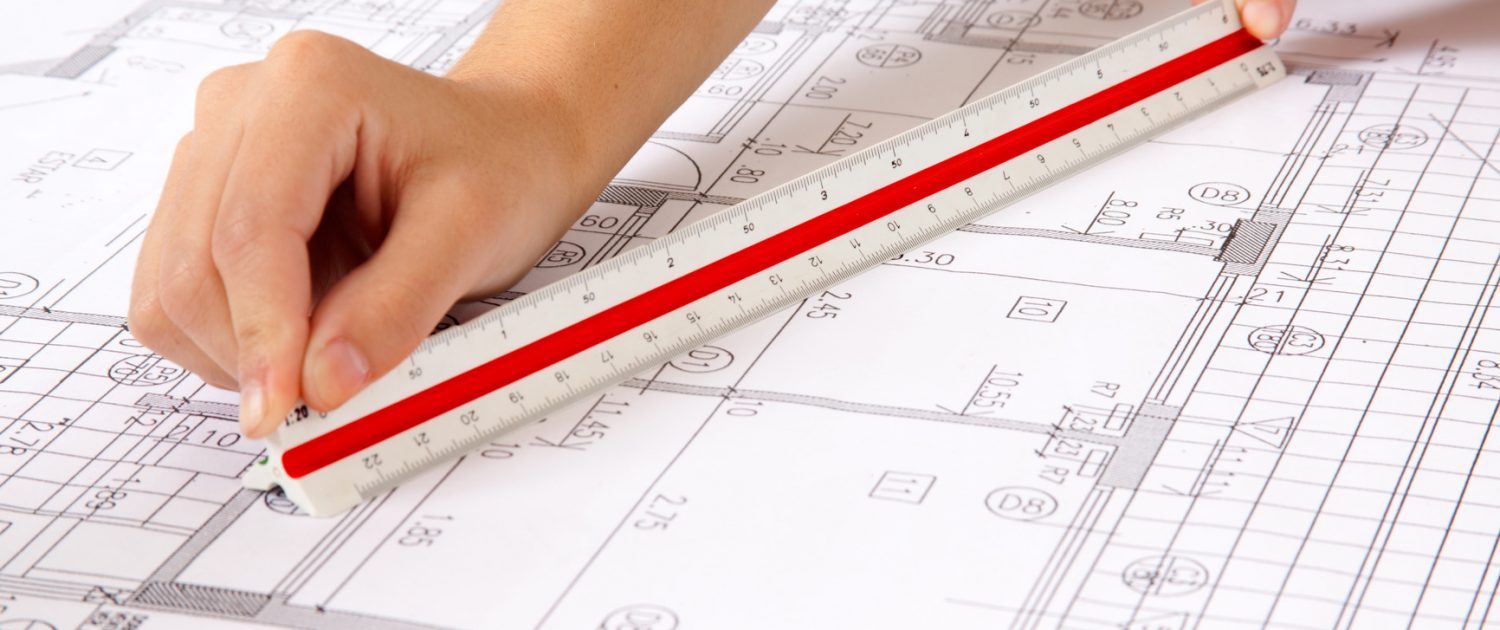A UCC Building Permit is required if you intend to construct, enlarge, convert, move, demolish or change the occupancy of any residential building (1-2 family dwelling) or accessory structure regulated by the Uniform Construction Code.
UCC Building Permits are required for:
- ALL new construction
- Any living space addition
- Attached garages (including one attached only by a breezeway).
- Any deck or ramp with a floor over 30” from the ground (attached or detached)
- Any roof repair/replacement of framing when attached to the house
- Any roof addition when attached to the house, including those for decks and porches
- Any renovations that change means of egress, move or cut into load-bearing walls, and/or change or move plumbing or electric.
- All in-ground swimming pools or above-ground pools that have more than 24” of water AND are permanent
- Any fence over 6′ in height (fences of any height may require Zoning or Municipality approval)
- Any masonry or retaining wall 4’ or more in height
- Any detached accessory structure over 1000 sq. ft. (such structure may still require Zoning or Municipal approval)
REMEMBER – Before Starting Any Project, CALL:
- Your Local Borough or Township Office, even if your project does not require a UCC Building Permit, it may require approval from the Municipality or County.
- PA One-Call at 1.800.242.1776 or 811 before you start digging.
- Your County Soil Conservation District. (Union County) (Snyder County) (Lycoming County) (Northumberland County) (Montour County)
- Your County Planning Commission
PLEASE NOTE: Agricultural buildings (i.e. chicken houses, agricultural storage buildings) are exempt from the UCC Building Permit requirement, but are still subject to all other Local, County and State approvals and/or Zoning Permits. You must still complete an Agricultural Building Exemption Form and return it to this office prior to beginning work.
Residential Building Permit Process
Prepare a Set of Plans
Every Residential Building Permit Application requires two (2) identical sets of plans to be submitted. They must show what work you intend to do and the details of how you plan to do it. Read more about code requirements for specific projects here or use our collection of “Helpful Code Hints”. These plans can be drawn by the homeowner or by the contractor doing the work. Most people find it advantageous to use an architect or professional designer to prepare their plans when undertaking a large project or constructing a new home.
While these plans don’t always need to be professionally prepared, they should be “drawn to scale, on a substantial paper size sheet…and shall be of sufficient clarity to indicate the location, nature and extent of the work proposed and show in detail that it will conform to the provisions of (the) code and all relevant laws, ordinances, rules and regulations” (IRC 106.1). That means they should be clear enough that you could give them to a responsible builder and he could build what you desired without further information from you.
When your plans are reviewed, the plans examiner will be looking for compliance with the building codes, including placement of smoke detectors, egress windows, stair height and guarding, structural adequacy both for vertical loads (including snow) and lateral loads (such as wind), and much more. Your plans must include the following information: a typical or sectional drawing, elevation drawings, foundation drawings, floor plans, electrical, plumbing, venting riser plans and a “Res Check” or Residential Energy Efficiency Worksheet (or the PA Alternative Energy Worksheet Central Zone).
Specific notes may be added to the drawings by the plans examiner reviewing the documents. One set of these approved plans will then be returned to the applicant to be used during construction and one set of plans will be retained by CK-COG office.
Obtain Local Municipality Zoning Permits & Approvals
Prior to the issuance of a Building Permit to begin residential construction, the applicant must obtain all required pre-construction approvals from their local municipality. Including but not limited to: Sewage, Planning, Land Development, Subdivision, Soil Conservation, Driveway (Municipality or PENNDOT) and Zoning approvals.
You can find specific requirements for your municipality on our zoning page.
If you are unsure whether or not you need a Building Permit or additional approvals, contact us first and we will let you know.
Even if your project does not require a Building Permit, it may require approval from your Municipality. Always contact your Township or Borough Office before starting any project.
After receiving all necessary approvals from your Municipality, Zoning Officer and/or Sewage Enforcement Officer you can submit your plans and the Building Permit Application.
Submit a Building Permit Application
When you bring your plans into the office, the Permit technician will check your Building Permit Application and plans submission for completeness and verify who is to be contacted when the Permit is ready to be issued. The plan review usually takes less than a week, depending on the complexity and completeness of the plans submitted. We will contact you when the Building Permit is ready for pick-up and advise you of the cost. No inspections can be performed until the Permit has been paid for in full. Click here to view the residential building permit fees.
Contractors shall provide proof of Workmen’s Compensation insurance coverage or provide a signed and notarized Workers’ Comp Exemption Form to the Building Permit Technician. Homeowners doing their own work are not required to provide proof of insurance; however, they must sign the Exemption affidavit stating that they will be doing all associated work themselves.
Permit Application Life Policy
All UCC Building Permit Applications and/or Permits for which we have not received payment in full will be considered “abandoned” and will become null and void one (1) year from the date of application submission.
Upon abandonment, all fees owed to the Central Keystone COG as a result of the Building Permit review process will be immediately due and any prior fees collected by the CK-COG will only be refunded after all associated costs incurred have been deducted.
Once an application had been abandoned, the applicant may apply for a UCC Building Permit on the same project. However, the applicant must start the process from the beginning; including, but not limited to, submission of a UCC Building Permit Application, submission of the appropriate construction plans and specifications, and the payment of all fees associated with the project at current fee rates. This includes the Commercial Plan Review fee of $1000.00 when applicable.
No new application will be accepted until all outstanding fees have been settled.
NO less than sixty (60) days prior to the end of the one (1) year period the CK-COG shall notify the Permit applicant, by mail sent to the address provided on the permit application, of the pending expiration of the UCC Building Permit Application.
Inspections & Occupancy
There are inspections required at each stage of the construction process and you and/or your builder will be given a list of these inspections (click here for list) when you pick up your Permit. It is very important that each inspection be performed when required.
It is the responsibility of the Permit holder to ensure all required inspections are completed and approved. Failing to schedule Building Code required inspections may result in the delay or NON-ISSUANCE of your Certificate of Occupancy. The Certificate of Occupancy may be required by your Mortgage Company and Insurer or by a purchaser’s Mortgage Company if the home is sold.
Upon completion of the project and after the issuance of the “Certificate of Occupancy” to the applicant, the homeowner has the option of picking up the retained set of plans. Plans not picked up within ten (10) working days after the Certificate of Occupancy has been issued will be shredded.




